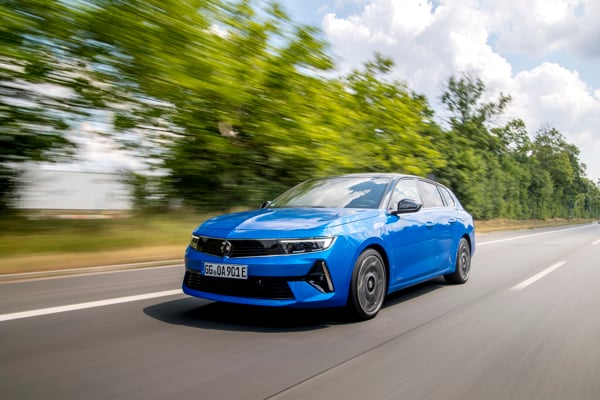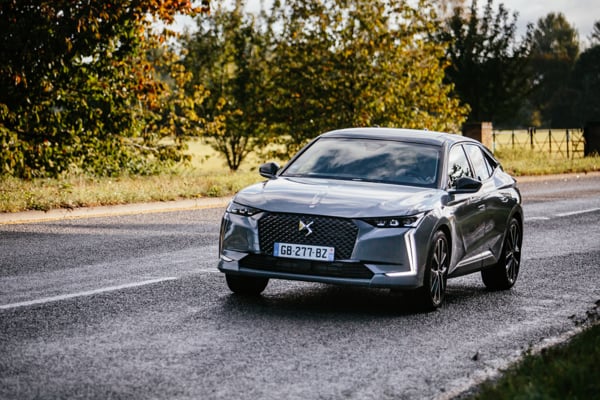Review
The arrival of plug-in hybrid vehicles has been both a blessing and a curse for many a fleet manager. They’ve allowed fleets to offer drivers a vehicle with considerably lower benefit-in-kind (BIK) tax than previously, and offer longer distance drivers a partial electric experience.
But the attraction of lower BIK has led several drivers to take a PHEV and never plug it in, which in many cases has left them with an inefficient vehicle with lower fuel economy than the diesel equivalent.
Toyota hopes its plug-in will find favour with drivers seeking a more consistent economy experience, by providing efficient driving whether on battery power or in standard hybrid mode.
The second generation Prius Plug-in Hybrid is loosely based on the normal Prius, with a giant battery in the boot, and some redesigned front and rear bumpers.
The new car pretty much doubles the real-world electric range of its predecessor, from 15 miles to around 30, and drastically cuts CO2 emissions to 22g/km (from 70g/km).
The car is at its best in pure electric mode, offering a smooth drive in relative quiet. Once the car switches into hybrid mode, however, the loud CVT gearbox screeches through the cabin, and disturbs the tranquillity previously encountered.
If you can cope with the din, the car is economical. In hybrid mode, using some electric range, we achieved a figure of around 70mpg.
It has a few nice features, including an optional solar roof, for £1,500, that can add up to three miles a day of electric range. The battery is also fitted with a warming system to allow EV mode to operate at a lower temperature, while a new heat pump allows cabin temperature to be warmed without using the engine.
All cars are sold with Toyota’s Safety Sense package, which offers pre-collision warning, adaptive cruise, road sign assist and rear-cross traffic alert.
But in among the niceties, there are other quirks. The car is available in four-seat configuration only, and the batteries take up a significant portion of the boot. It stretches back a long way, but is rather shallow.
The touchscreen is now bigger than the standard Prius, at eight inches, but is slow to update, particularly at roundabouts.
At launch, in Business Edition Plus form, the car was priced at £32,395 after £2,500 plug-in car grant – but less than a week later, Toyota slashed pricing to £29,195 OTR after grant – a significant discount.
The price cut means it’s now cheaper than an entry-level BMW 330e, and it closes the gap between the price of this vehicle and a regular Prius.
The brand reckoned at launch it will sell less than 450 models this year in the UK, 60% of those to fleet – but the price cut hints at greater ambitions.
Author:
Christopher Smith
Specs
| Manufacturer | Toyota |
| Model | Prius |
| Specification | Prius PiH Hatch 5Dr 1.8VVT-h 122 SS Business Edition Plus CVT 16MY |
| Model Year | 0.00 |
| Annual VED (Road tax) | £0 |
| BIK List Price | £31,640 |
| CO2 | 22g/km |
| BIK Percentage | 13% |
| Insurance Group | N/A |
| CC | N/A |
| Fuel Type | Petrol Hybrid |
| Vehicle Type | Small family car |
| Luggage capacity (Seats up) | 4litres |
Running Costs
| P11D | £31,640 |
| Insurance group | N/A |
| Fuel Type | Petrol Hybrid |
| Cost per mile | 0.00ppm |
| Fuel | 0.00ppm |
| Depreciation | 65.83ppm |
| Service maintenance and repair | 1.83ppm |
Rivals
Info at a glance
-
P11D Price
£31,640
-
MPG
283.0 -
CO2 Emissions
22g/km -
BIK %
13% -
Running cost
3 Year 60k : N/A 4 Year 80k : N/A -
Fuel Type
Petrol Hybrid



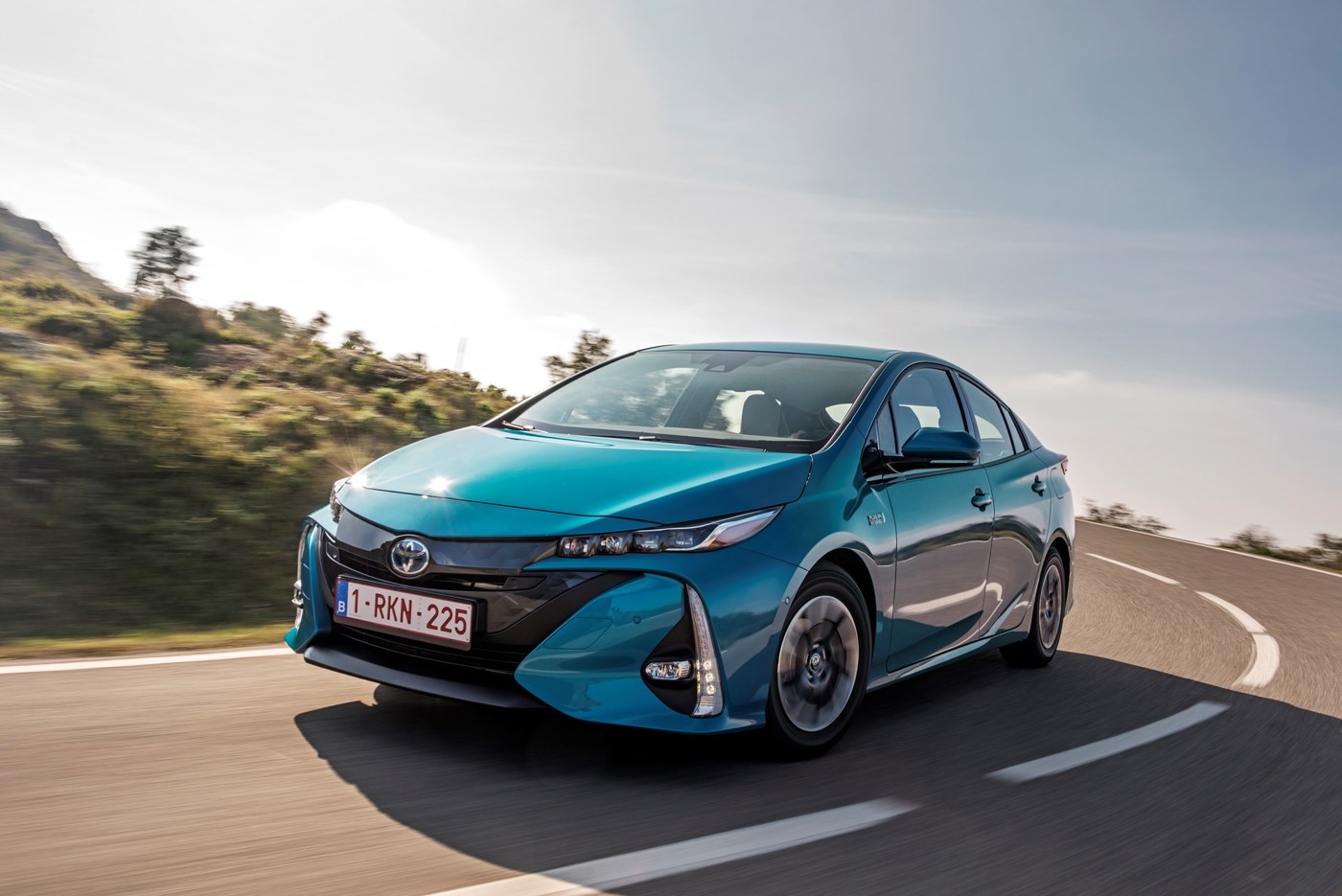


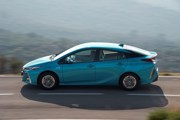


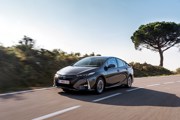



 Petrol Hybrid
Petrol Hybrid


